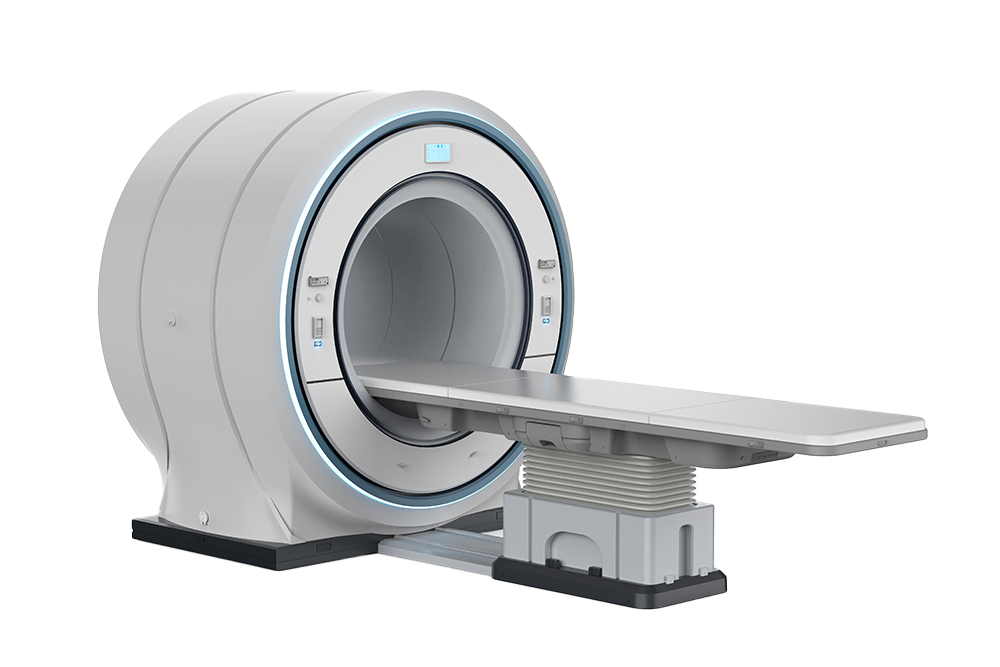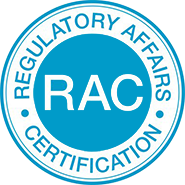About Lori
Lori Carr, RAC (US), CQA (ASQ), RABQSA
President and CEO of Lori A. Carr, Inc., is a Principal Consultant in the Medical Device regulated industry.
Lori has more than 30 years experience in the medical device industry. She was a Medical Device Specialist FDA Investigator in both the Cincinnati and Denver District Offices of FDA. She conducted international and domestic inspections of medical device facilities (including Bioresearch) and trained FDA Investigators in conducting medical device inspections.
As an FDA regulatory compliance consultant, Lori has performed numerous quality assurance audits for medical device companies and clinical sponsors. She has created and implemented Quality Management Systems and provided guidance on quality, regulatory, and compliance issues throughout the world. Her clients include companies that have received FDA Warning Letters, are under FDA injunction or have had product seized by FDA, or are seeking FDA approval/clearance for marketing their products in the United States.

Medical Device Specialist
In her capacity as a Medical Device Specialist, she conducted numerous domestic and international inspections to ensure compliance with applicable FDA regulations including routine GMP, Pre-market (PMA), 510(k), and directed inspections from the Center of Devices and Radiological Health (CDRH) while working in both the FDA Denver and Cincinnati District Offices.
Lori earned a Bachelor’s Degree in Chemistry from Xavier University and was a 2005 graduate of the federal government’s Office of Personnel Management Leadership Development Class.
In 2010, Lori obtained the U.S. Regulatory Affairs Certification (RAC) from the Regulatory Affairs Professionals Society (RAPS) and the Certified Quality Auditor (CQA) certification from the American Society for Quality (ASQ). In 2014, Lori obtained the ISO 13485:2003 Principal Auditor Certification from Exemplar Global (RABQSA), with an update to ISO13485:2016.
In 2018, Lori added the MDSAP (Medical Device Single Audit Program) and EUMDR Certifications to her repertoire of auditing competencies.
FDA Medical Device Regulations…
Get It Right the First Time

Medical Device Services
We assess the current state of FDA Medical Device Compliance of your manufacturing and established Quality System with respect to the Federal Regulations.

Special Services
We are available to assist clients with special projects that require expert experience.

Training
Based on our extensive training experience in the FDA Medical Device space, we are available to assist clients with training opportunities.
Ask us about your projects
If you would like to contact us about helping with your current Quality/Regulatory project, please complete the form below.
Step in the Right FDA Direction
Quality System Assessment
FDA and Quality Activities
Compliance Remediation
Latest News
-
The Medtech Landscape in 2026: Here is What to Expect
Medtech 2026: AI acceleration, regulatory changes, and economic shifts promise to reshape the industry landscape amid an innovation surge.
-
The Center for Disease Control and Prevention (CDC) updates website to say vaccines may cause autism without new evidence
The Centers for Disease Control and Prevention (CDC) has updated its webpage on vaccines and autism with new claims undermining the Public Health Agency’s longtime position that vaccines do not cause the condition — garnering swift condemnation from public health advocates and the Senate’s top healthcare legislator.
-
In letter to Makary, biotech CEOs push for FDA stability and say volatility threatens US innovation
Hundreds of industry leaders have signed a letter to FDA Director Marty Makary, M.D., about the importance of having a predictable Regulatory Agency (United States Food and Drug Administration – FDA), citing a survey in which 82% of biopharma respondents said they were concerned about the FDA’s ability to function.
-
Toxic Guts: A bacterial toxin disarms gut defenses against inflammation
Macrophage-toxic bacteria from patients with ulcerative colitis worsen gut inflammation in mice
-
Research breakthrough could help regrow lost limbs: A team from Texas A&M University has uncovered a key to joint regeneration.
Researchers take a step toward limb regeneration: In a significant step toward full-limb regeneration, researchers at Texas A&M University have identified a fibroblast growth factor as a key protein that can regenerate an entire finger joint, including soft tissue. “Our expectation is that if we can figure out all the factors that regenerate a finger, then we could apply those factors anywhere on the rest of the arm, or even a leg, and regrow a limb,” said Assistant Professor Lindsay Dawson.
-
FDA questions on generative AI-enabled chatbots raise concerns from expert panel
During the second meeting of the US Food and Drug Administration’s (FDA) Digital Health Advisory Committee (DHAC), members of the panel seemed shocked and, at times, lost for words when grappling with the Agency’s discussion questions surrounding the potential regulation of generative Artificial intelligence (AI)-enabled digital mental health medical.





